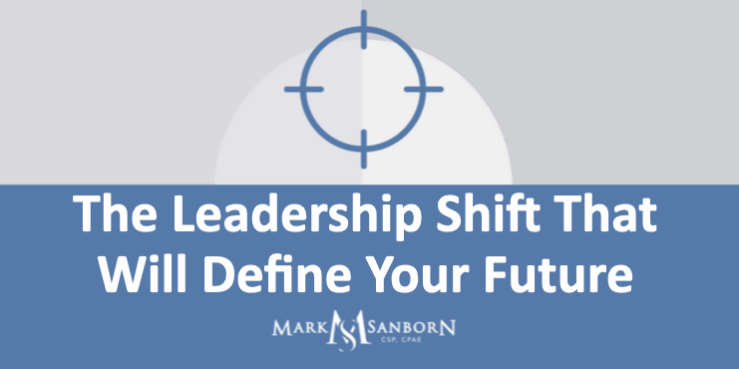After 34 years of speaking and teaching leadership in 14 countries, one truth stands taller than the rest:
People everywhere want the same things — meaning, success, and a better life — but the way they pursue those things can be radically different.
I’ve spoken on a beach in Hawaii to sales teams celebrating in tents and in a luxury mall in Dubai owned by the ruler of the kingdom, invited to address his ministers — their version of a Cabinet. The locations couldn’t be more different, but the desire was the same: to do good work, to succeed, and to live well.
Yet here’s where many leaders get it wrong:
We assume shared goals mean shared approaches.
They don’t.
A U.S. automotive plant in Ohio featured in a documentary was shut down, sold to a Chinese company, and reopened to manufacture glass. The American and Chinese workers had identical goals — higher performance and meaningful work — but their cultural differences in how to achieve the goals became the barrier to achieving them.
The future belongs to leaders who understand both:
🔹 what people have in common
🔹 and how differently they pursue it
Leadership has always been global. The difference now is that your workforce is global too — even if everyone lives in the same ZIP code.
Followers Are Gone. The Workforce Has Evolved.
For decades the question was: How has leadership changed?
But the bigger shift has been this:
Followers have changed.
Today’s employees don’t want to be told what to do; they want to be invited to contribute. Computers follow instructions — people contribute ideas, passion, creativity, and even heart.
We haven’t hired people merely for hands in a very long time.
We hire them for their minds and motivation.
And here’s the leadership checkpoint that often stings:
How we talk about the people we lead determines how we treat them — and how they respond.
When we refer to people as “followers,” we subconsciously default to compliance and control.
When we refer to them as coworkers, colleagues, contributors, and partners — everything about our engagement changes.
Great leadership isn’t measured in compliance.
Great leadership is measured in commitment.
People OR Profits? That’s the Wrong Question
There’s a leadership myth that refuses to die:
“You can take care of results or you can take care of people.”
Wrong.
People AND profits are not in conflict — they’re interdependent.
If you only focus on results, people will do the minimum to survive.
If you only focus on people, you won’t be around long enough to employ any.
Leadership today requires balancing both. And one of the biggest shifts helping leaders do that is the move from motivation to inspiration.
Motivation offers rewards.
Inspiration offers purpose.
Purpose isn’t a luxury; it’s fuel. And when employees — especially younger ones — don’t feel their work matters, they disengage regardless of compensation.
The best leaders don’t just motivate effort. They inspire purpose.
There Is No New Normal — There Is Only Reality
I’m not a fan of the phrase “new normal.”
The moment you think you’ve found normal, you stop paying attention.
The world isn’t stable — but leadership doesn’t require stability.
Leadership requires agility.
Here’s the formula I teach executives navigating uncertainty:
1️⃣ Rest — an exhausted leader can’t lift others
2️⃣ Routine — start days with habits that ground you
3️⃣ Problems — solve the most important ones first
4️⃣ Projects — make measurable progress every single day
5️⃣ Relationships — communicate better, not more
6️⃣ Recreation — recovery fuels performance
This isn’t crisis leadership.
This is leadership that works in crisis — because it works in everyday life.
Leadership is no longer about what you tell people to do.
It’s about what you can inspire people to become.
The leaders who will thrive in the years ahead will be the ones who:
🔹 Understand both common values and cultural differences
🔹 Speak to people as contributors, not followers
🔹 Balance people and performance without sacrificing either
🔹 Lead with purpose, not pressure
No industry — from AI to manufacturing to healthcare — buys products or services.
They buy the ability to succeed.
And they will follow the leaders who help them do that.
Mark Sanborn is an international speaker and advisor to leaders and is the Leadership Expert in Residence at High Point University, the Premier Life Skills University which challenges students to “choose to be extraordinary.” For more information about his work or to book him to speech, visit www.marksanborn.com.








